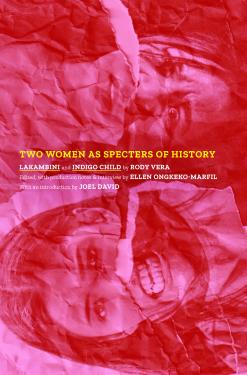
[Rody] Vera cultivated the serendipitous vision of regarding Gregoria de Jesus, widow of the first would-have-been President Andres Bonifacio, as the body on whom the betrayals and shortcomings of the foreign invader, local elite, and well-intentioned revolutionary would be inscribed. With the return to popularity of the surviving members of Marcos’s family, premised on the wager that the present generation would be ignorant or dismissive of the strongman’s monstrosities, Vera responded to an invitation to provide a play that turned on the traumatic experience of a left-revolutionary activist, the late-twentieth-century counterpart of de Jesus. . . .
With the present volume, the earnest student of communication should be sufficiently motivated to read through the material as written (and answered, in the interview) by Vera and arranged by the publisher. Also indispensable would be a viewing of Indigo Child, the soon-to-be-completed documentary on Lakambini, and (if our luck holds out) the feature-film version of Lakambini itself. A more casual reader could opt to zero in on Indigo Child first, especially if she would have seen the play and/or [Ellen] Ongkeko-Marfil’s filmization. Since none of the entries in this volume . . . is a closed text, such a casual reader would be left with a clutch of unanswered questions. I would imagine that that would motivate [the reader] to proceed to the interview with Vera; but inasmuch as the said interview only provides tantalizing references to the Lakambini script, then our casual reader would wind up reading everything as well, even in an alternate order.
—“Theater, Film, & Everything in Between”
by Joel David
Published in 2019.




